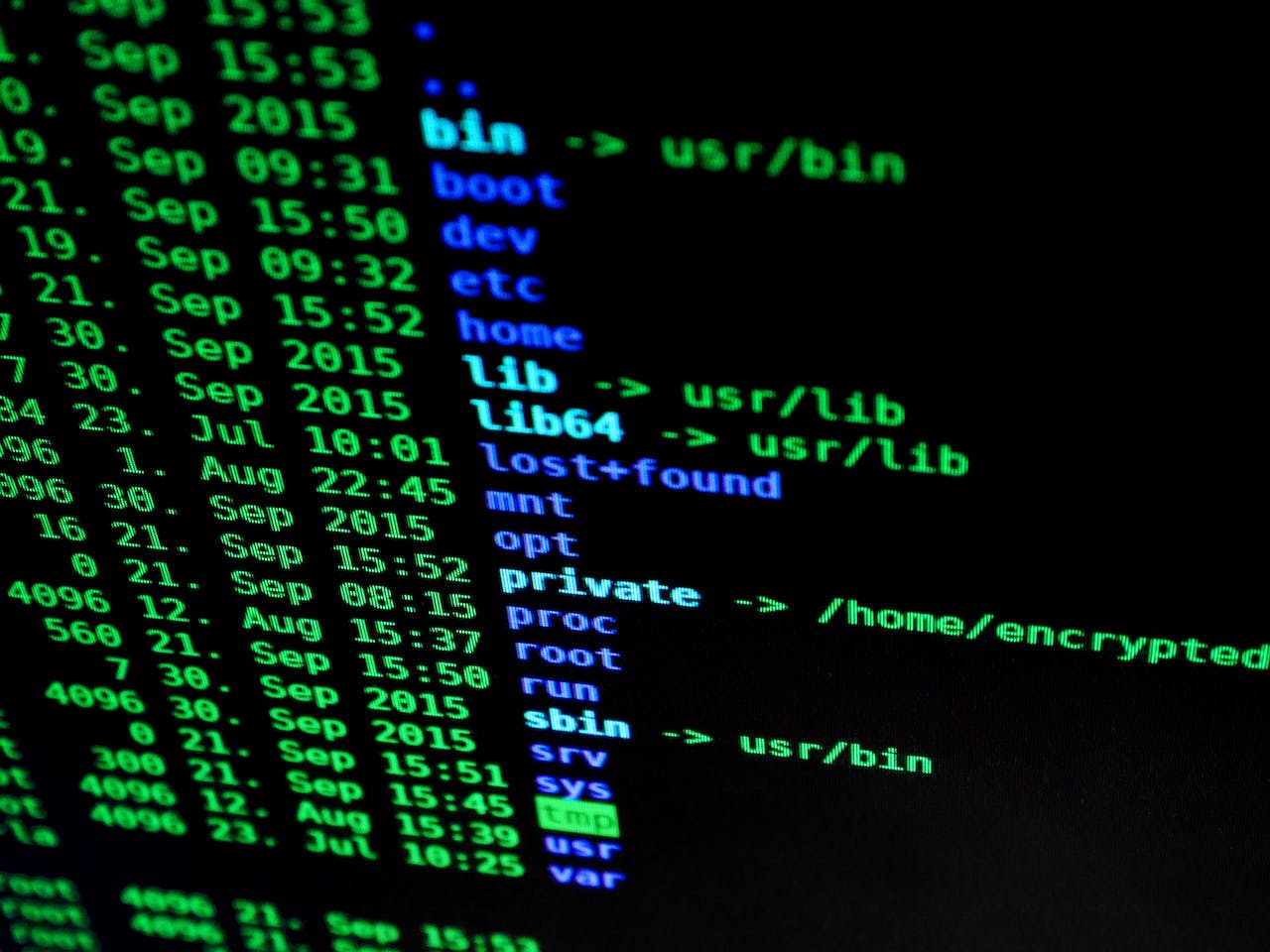Last update at :2024-03-24,Edit by888u
Many things have changed since the release of Red Hat Enterprise Linux 7 (RHEL 7) in 2014. At that time, less than 10% of Red Hat employees could work remotely one day a week. Now, nearly a decade later, telecommuting has become the standard in many industries.
With the sudden emergence of remote working, this shift has brought many new and real-time challenges to businesses. The ever-increasing number of collaboration tools, including instant messaging, video conferencing, file sharing and enterprise social networks, requires ongoing support and maintenance. Remote endpoints located outside corporate firewalls require new automation technologies to protect sensitive data and minimize the risk of security breaches. At the same time, the expanded use of unsecured and unaudited personal devices to access company assets has led to an increase in security vulnerabilities that businesses need to identify and fix. In the process of dealing with these complex challenges, many teams have been forced to delay and modify their plans to migrate from RHEL 7.
As the ten-year life cycle of the Red Hat Enterprise Linux 7 (RHEL 7) standard comes to an end, some businesses are finding they cannot meet their plans by June 30, 2024 migration in. To support IT teams catching up on their migration plans, Red Hat announced a 4-year ELS maintenance period for RHEL 7 ELS. Although it's more time, we highly recommend migrating to a newer version of RHEL to take advantage of the new and enhanced features.
Extended Red Hat Enterprise Linux support through ELS
All major versions of RHEL follow a standard ten-year life cycle. For the first five years, we provide comprehensive support, including bug fixes, security patches, software enhancements, hardware support, and backports. Over the next five years, we provide maintenance support, releasing security patches and bug fixes as needed.
Since then, RHEL has entered the Extended Life Phase (ELP). In the meantime, you will continue to have access to previously published content in the Red Hat Customer Portal and the Red Hat Knowledge Base. In addition, we may provide limited ongoing technical support and recommendations for migrating to currently supported RHEL versions.
For enterprises that need to continue using major releases after the standard lifecycle ends, we offer an Extended Lifecycle Support (ELS) add-on product. This add-on extends support for a major release (of a Red Hat product) for up to 2 years after the end of the standard release lifecycle. As an optional add-on subscription, ELS gets access to last minor release troubleshooting, selective emergency priority bug fixes, and specific Red Hat-defined security fixes.
We evaluate the severity of security issues using a 4-level rating system (low, medium, important, and severe). With ELS, you will receive fixes for Red Hat-defined critical and critical public vulnerabilities and exposures (CVEs), the two highest severity levels. Critical CVEs can compromise the confidentiality, integrity, or availability of resources, while severe CVEs can be exploited by remote unauthenticated attackers and lead to system compromise without user interaction.
Planning for future needs
Starting from July 1, 2024, RHEL 7's ELS will provide 4-year technical support services to users in need. However, before using ELS, users must upgrade RHEL7 to RHEL 7.9 version to enjoy this service. Compared with previous major releases, RHEL 7's ELS (RHEL 7.9) has expanded the scope of security fixes by including updates that address important CVEs. It also includes maintenance for Red Hat Enterprise Linux and Red Hat Enterprise Linux high availability and resilient storage components for SAP solutions. To help with long-term IT infrastructure strategies, Red Hat plans to offer ELS for RHEL 8 and 9 for 3 years.
Help with upgrading
Red Hat is here to help when you're ready to upgrade from RHEL 7 or other versions. We provide in-place upgrade tools and detailed guidance to simplify the upgrade and application migration process. You can also work with Red Hat Consulting Services to plan and execute upgrade projects. Red Hat experts will work with enterprises to identify critical applications and tools, create automated workflows, and analyze and manage risks across projects.
Learn more
RHEL 7 has become an essential part of many enterprises over the past decade, providing a more consistent and trustworthy platform for hybrid cloud workloads. With 4 years of ELS for RHEL 7, users can modify and execute migration plans according to their own schedule while continuing to receive the support they need to protect critical workloads.
Recommended site searches: Zhenjiang high-defense server, domain name value evaluation, US host network, domain name registration query, foreign website space, host server rental, free foreign space, Hong Kong server, website domain name query system, independent ip space,
p>







发表评论